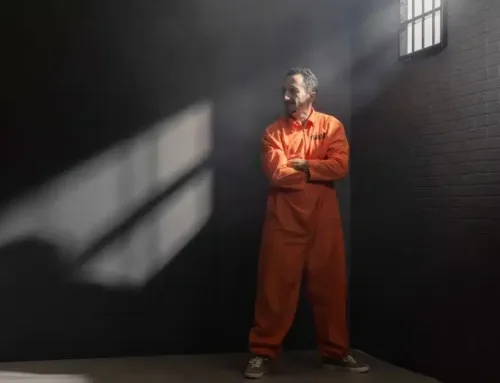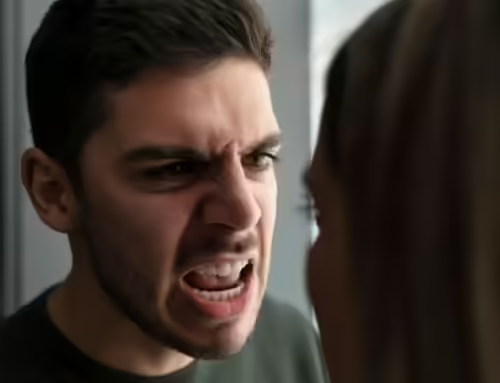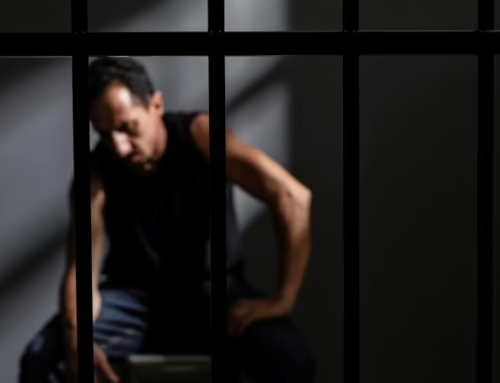When someone is accused of drug conspiracy in Washington, one of the first questions they often ask is: What does it actually mean to “agree” to commit a drug-related crime? Many people are surprised to learn that a conspiracy charge does not require drugs to be found, a completed drug transaction, or even a well-developed plan. Please contact a skilled criminal defense attorney now if you’re facing a drug conspiracy charge in Seattle or Washington State.
What Is a Drug Conspiracy Under Washington Law?
In Washington, conspiracy is generally defined under RCW 9A.28.040. Per this statute a person can be charged with conspiracy when:
- Two or more people agree to engage in conduct that constitutes a crime (in this case, a controlled substance offense), and
- At least one of the people involved commits an overt act in furtherance of that agreement.
For drug cases, the underlying offense usually involves possession with intent to deliver, manufacturing, or distribution under Washington’s Uniform Controlled Substances Act
What Counts as an “Agreement”?
The law does not require a written contract, detailed planning session, or formal decision-making process for an agreement to take place.
An agreement can be spoken, implied, or even shown through conduct.
Examples that may be used to argue an agreement exists could include:
- Text messages discussing obtaining, selling, or delivering drugs,
- Coordinated travel or meeting arrangements,
- Sharing tools, locations, or transportation believed to be used for drug-related activity, and
- Providing money, supplies, or introductions to other individuals involved.
However, mere association, presence near drugs, or casual conversation is not enough. Prosecutors must show that you knowingly and intentionally joined the plan.
How Many People Must Agree?
At least two people must be involved for conspiracy to exist. Please note that you cannot conspire with yourself.
But there are important clarifications:
- Both parties must truly intend to participate. If one person secretly does not agree (for example, an undercover officer), the alleged co-conspirator’s intent may still lead to prosecution, but the defense may challenge whether a valid agreement ever existed.
- The conspirators do not all need to know every detail or every person involved.
Large investigations sometimes allege “conspiracy networks” where one defendant knows only a piece of the plan. - There must be evidence of a shared criminal purpose. Simply being around someone who is involved in illegal behavior, without intentionally joining, is not enough.
What Is an “Overt Act”?
An overt act is any step taken that furthers the conspiracy, even if minor. Importantly, the act does not need to be illegal by itself.
Examples of an overt act include:
- Renting a car,
- Buying a prepaid phone,
- Searching for a location, or
- Making a phone call to arrange delivery.
The law focuses on your intent and action, not whether the crime was completed.
Can a Defendant Raise a Legal Defense?
Yes. You have the right to challenge a conspiracy charge with a legal defense. Every case is unique, but common defense strategies may include:
- No true agreement or mutual intent,
- Entrapment,
- Mere presence or association,
- Withdrawal from the conspiracy,
- Lack of overt act,
- Insufficient or unlawfully obtained evidence, and
- Misidentified participants.
Contact Black & Askerov for Help
While a defendant can raise a legal defense to challenge a drug conspiracy charge, it will take a skilled criminal defense attorney to raise the best defense. The experienced criminal defense attorneys at Black & Askerov have over 30 years of combined experience defending clients on various drug charges. Our Seattle criminal defense lawyers also have the skill and commitment that makes all the difference in these cases. Contact us now to get the legal help you deserve!






